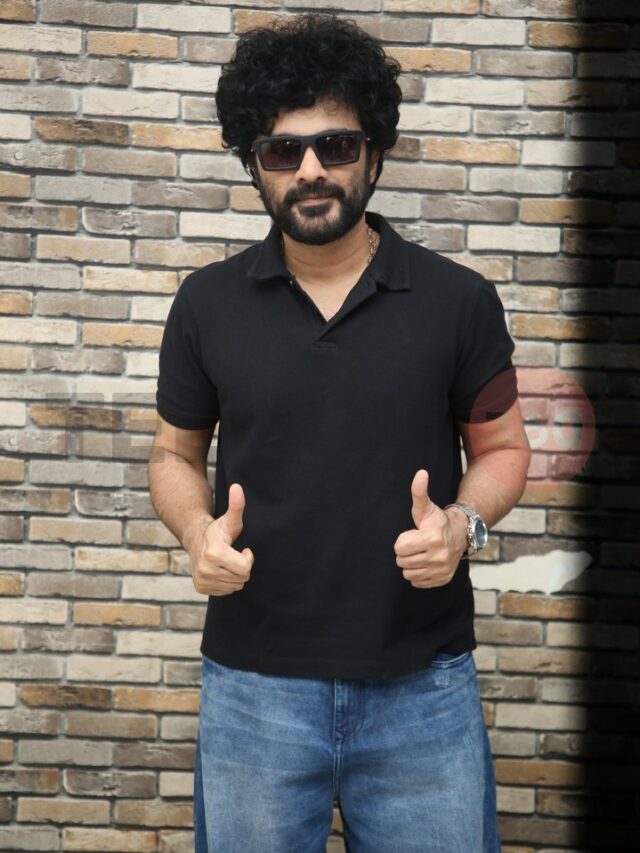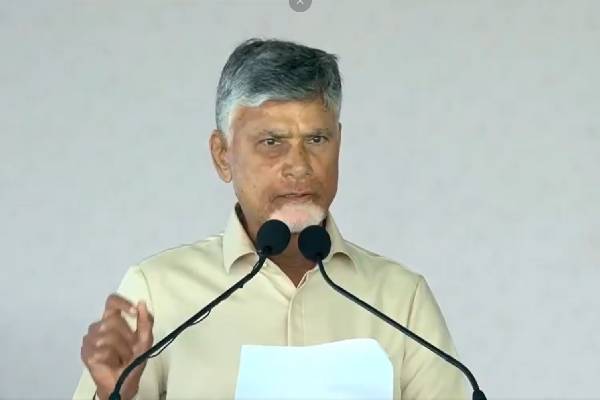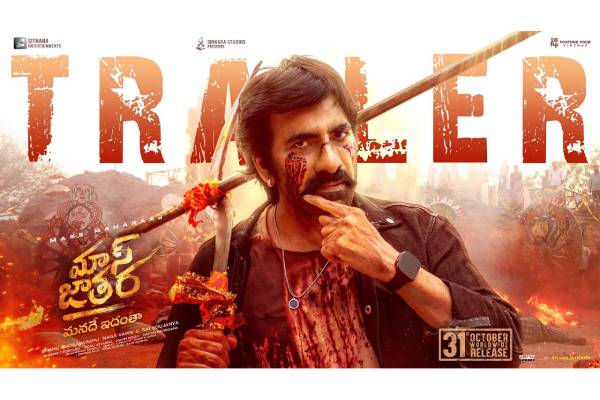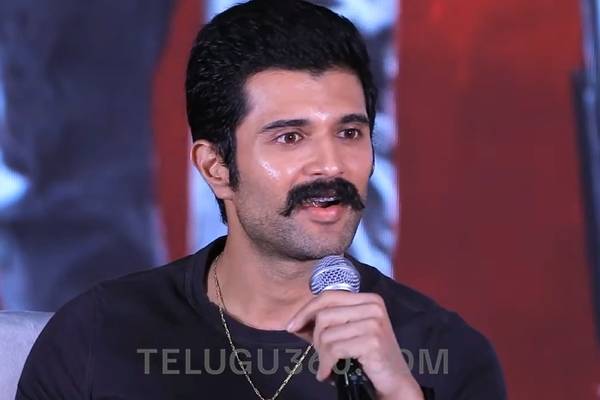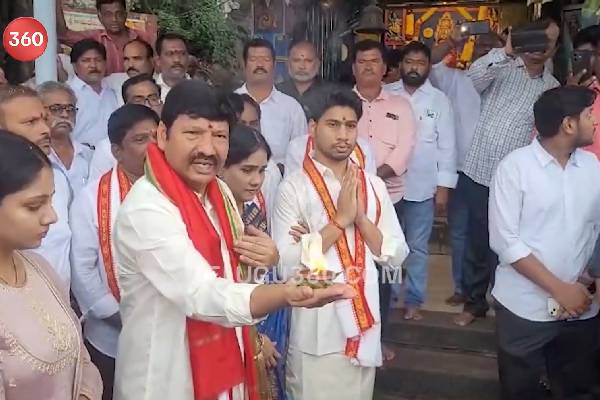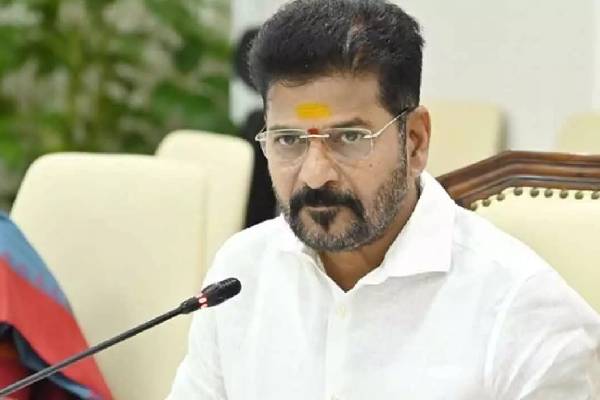Jogi Ramesh’s use of an ancient mythological play has given the already contentious liquor case in Andhra Pradesh a whole new dimension. Standing before the sacred deity at the Kanaka Durga temple, he swore that he had absolutely no connection to the fake liquor scam. He issued a challenge to his opponents to disprove him, even saying he was prepared to undergo a lie detector test and a narco analysis to establish his innocence.
It was emotional and dramatic. However, it also brought up an important query: where do we live? In a time when divine promises determine guilt and innocence, or in a contemporary democracy where the law determines truth? It goes beyond being a mere political ploy when a public official turns to temple vows for solace rather than going through the legal system. Justice is established in courts, not in front of idols, regardless of how dramatic or earnest they seem. However, a single temple visit generates more news coverage than a whole case file in today’s political arena.
The “narco test” challenge comes next. Although it sounds audacious and fearless, it has virtually no legal significance. Under Indian law, these tests are not very useful. Their outcomes cannot prove guilt or innocence in court, even if they are voluntary. Therefore, when Jogi Ramesh challenges the government to put him through one, it seems less like an investigation into the truth and more like a staged act to win over the public.
Andhra Pradesh public are surprised when a leader who has been charged in a serious case enters a temple and takes an oath. Is that sufficient? Politicians today appear to rely more on drama and emotion to change the narrative than on factual answers to questions.







